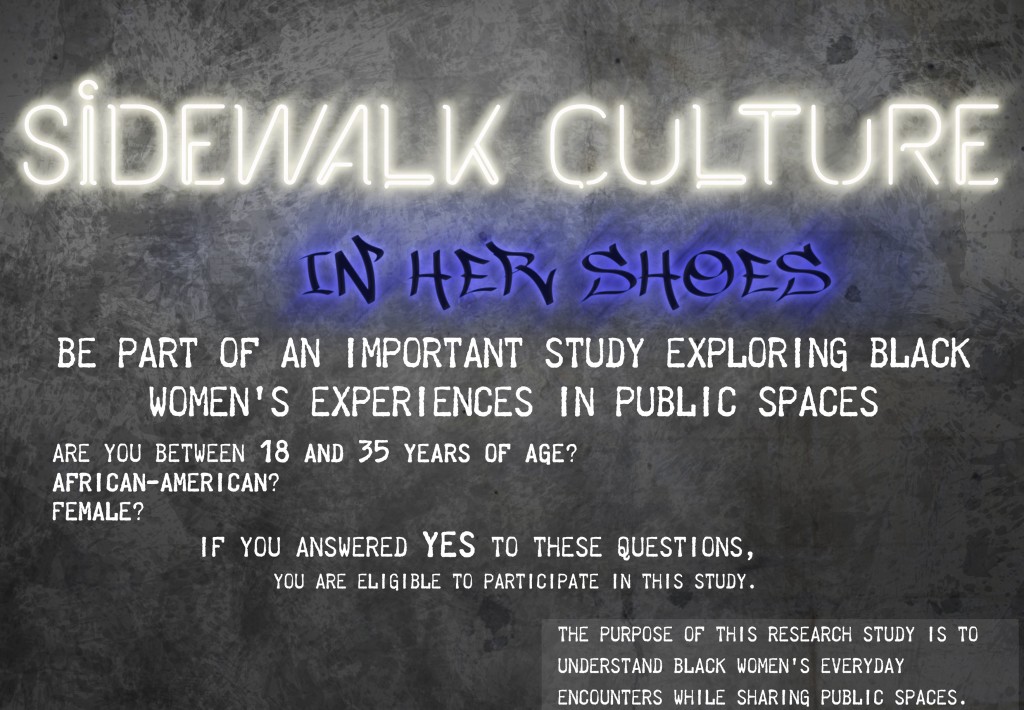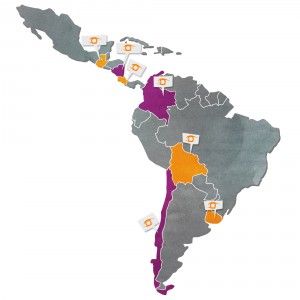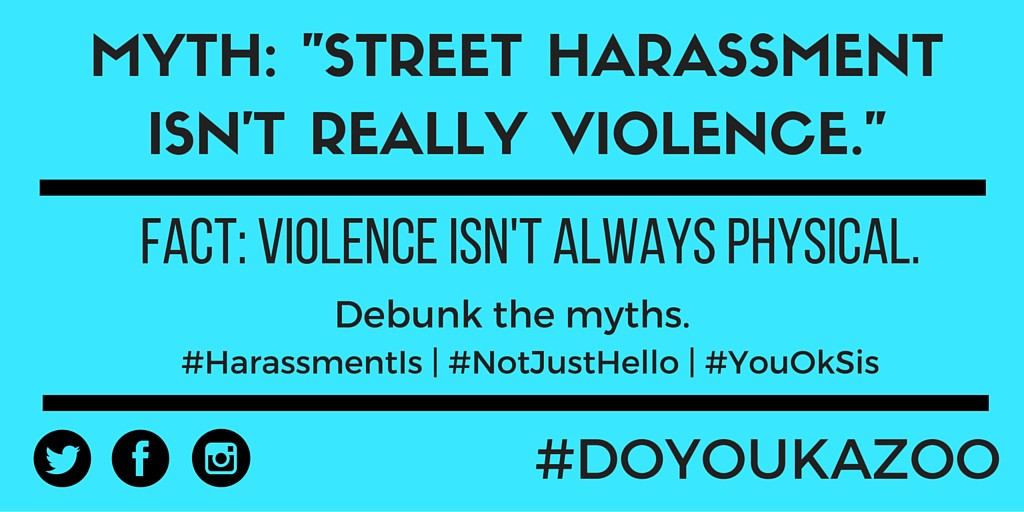 A committed group of people, brought together by Breakthrough Catalyst trainings, strive to use collective knowledge, energy, connections and commitment to end/reduce street harassment through cultural change. Breakthrough Catalysts and friends want to help raise awareness and promote a culture shift that discredits common street harassment myths and provide easy and effective responses to invalidate them with our posters and social media. We stand in solidarity with other organizations and individuals during Sexual Assault Awareness Month and Anti-Street Harassment Week, from April 10th to 16th, 2016.
A committed group of people, brought together by Breakthrough Catalyst trainings, strive to use collective knowledge, energy, connections and commitment to end/reduce street harassment through cultural change. Breakthrough Catalysts and friends want to help raise awareness and promote a culture shift that discredits common street harassment myths and provide easy and effective responses to invalidate them with our posters and social media. We stand in solidarity with other organizations and individuals during Sexual Assault Awareness Month and Anti-Street Harassment Week, from April 10th to 16th, 2016.
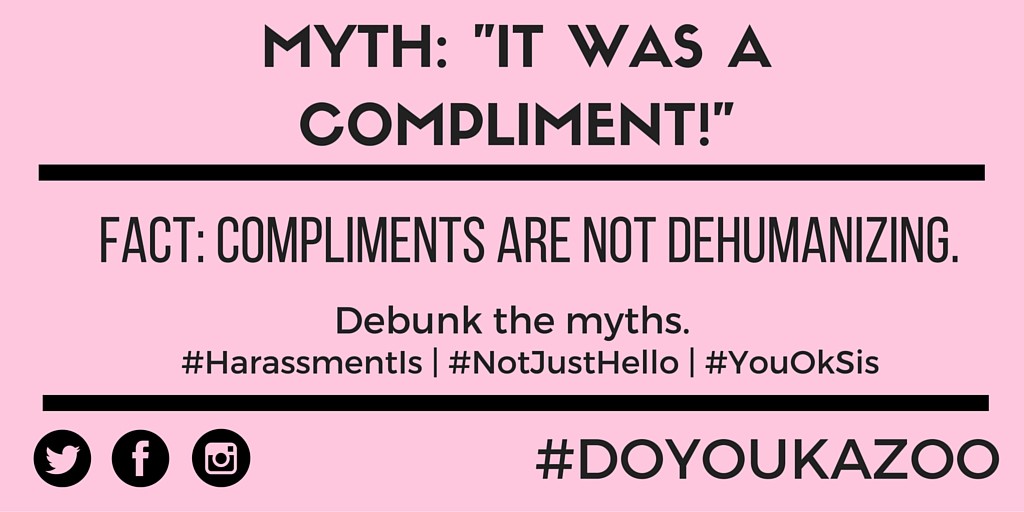 We chose the symbol and sound of a Kazoo to promote the idea that tools work best to call out rape culture and myths about gender violence, not to prevent it. The use of the Kazoo is inspired by a joke by comic Cameron Esposito, who wishes for a rape Kazoo instead of a rape whistle, in the hopes that its sound is more appealing and will garner help if she is attacked.
We chose the symbol and sound of a Kazoo to promote the idea that tools work best to call out rape culture and myths about gender violence, not to prevent it. The use of the Kazoo is inspired by a joke by comic Cameron Esposito, who wishes for a rape Kazoo instead of a rape whistle, in the hopes that its sound is more appealing and will garner help if she is attacked.
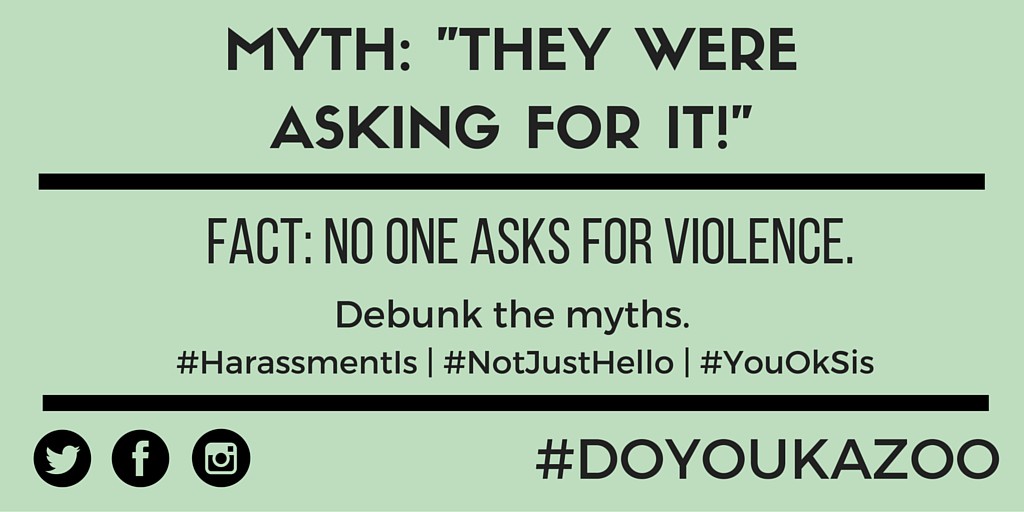 Key concepts:
Key concepts:
- Reinventing the “rape whistle” as a Kazoo
- “Sounding the alarm” about the issue of street harassment
- Changing culture through positive humor (vs. put-down humor) as Kazoos are often thought of as whimsical, fun, non-serious musical instruments anyone can play. Kazoos have a history of use as tools of social protest.
Feel free to use and share these images with the hashtag #DoYouKazoo!
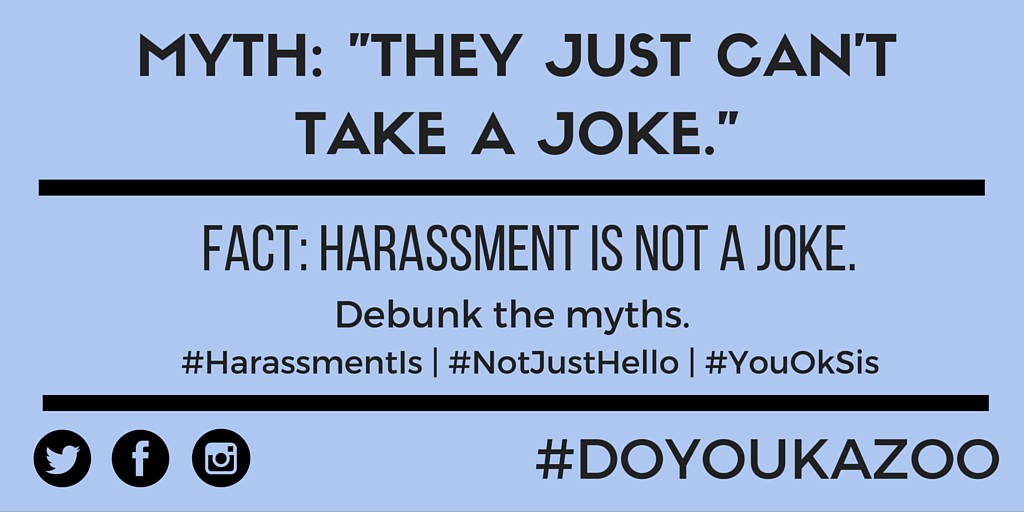
Karen Chasen is the Vice President of Prepare Inc.

